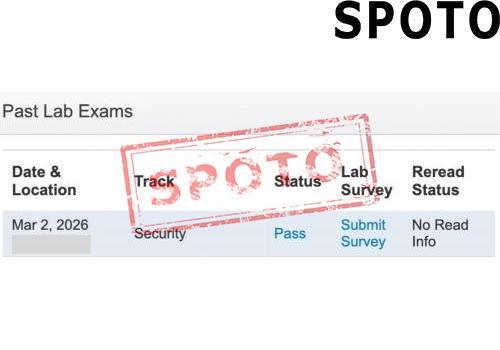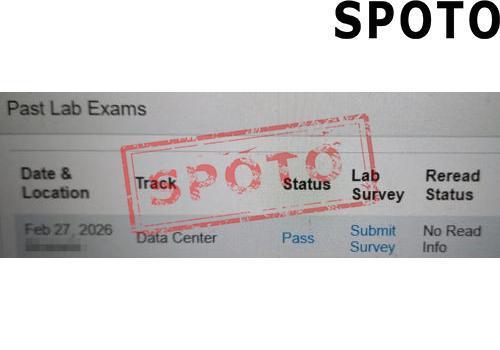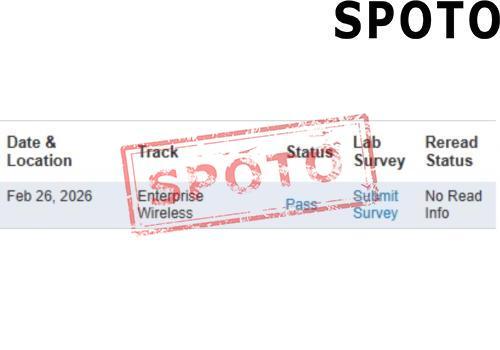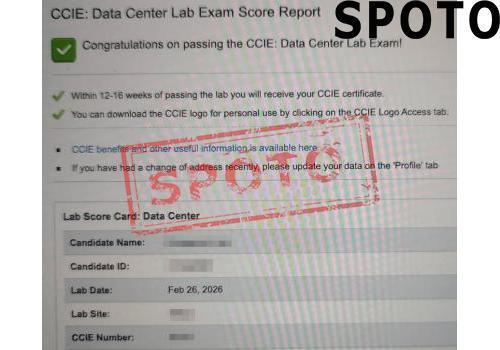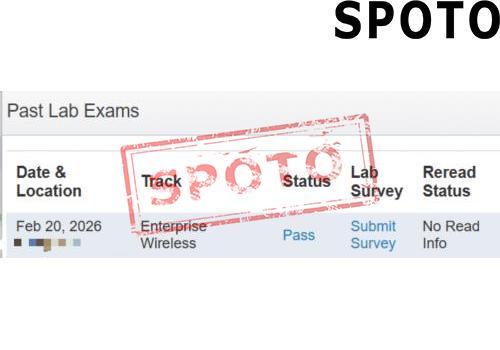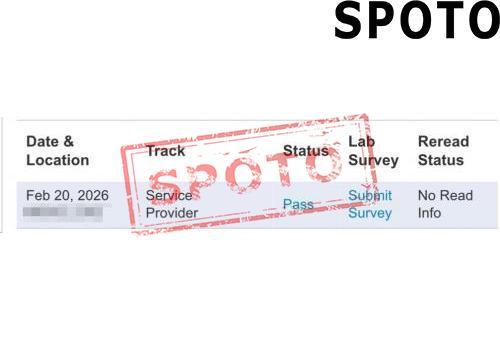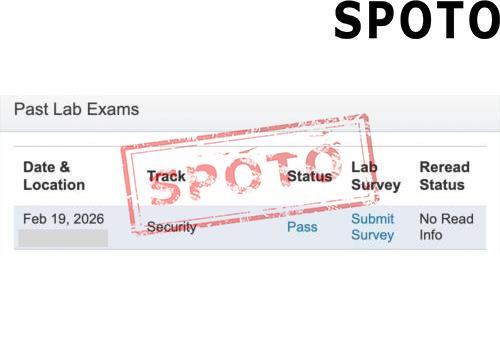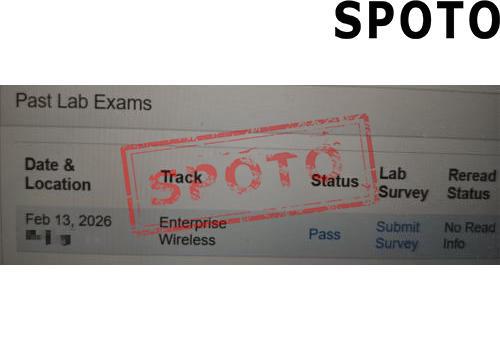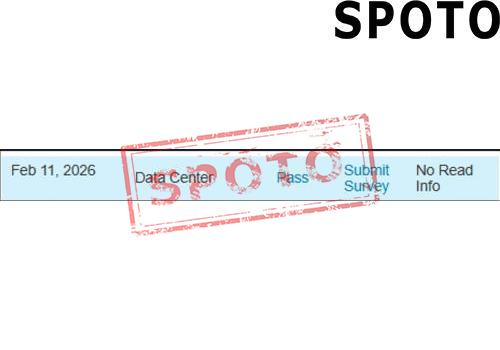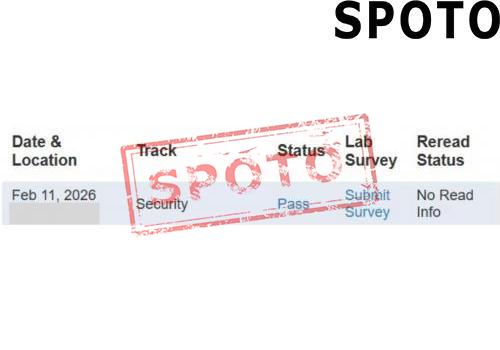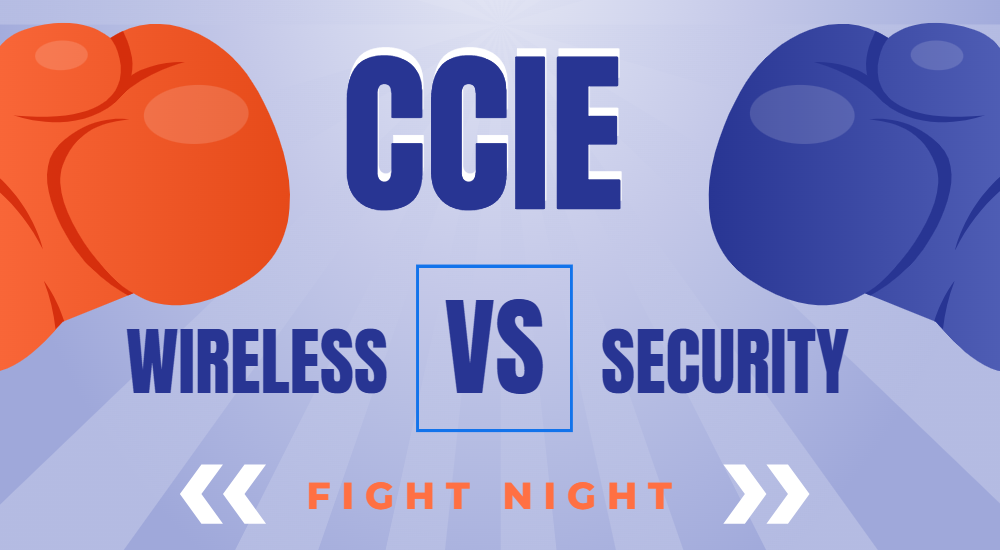
When it comes to Cisco's prestigious CCIE certifications, two tracks often stand out: CCIE Wireless and CCIE Security. Both represent mastery in their respective fields, offering specialized career opportunities. But which one should you choose? Should you become a Wi-Fi wizard mastering the airwaves or a firewall defender guarding networks against threats?
In this article, we'll explore what sets these certifications apart, the skills they require, and how to decide which path aligns with your career goals.
What Is CCIE Wireless?
The CCIE Wireless certification focuses on designing, implementing, and troubleshooting wireless networks. As Wi-Fi and mobility become essential in modern workplaces, CCIE Wireless professionals are vital in ensuring seamless connectivity and robust performance.
Core Areas of Expertise:
- Wireless network architecture and design.
- Radio Frequency (RF) fundamentals and optimization.
- Mobility features like seamless roaming.
- Wireless Quality of Service (QoS).
- Advanced wireless security protocols.
Career Roles:
CCIE Wireless professionals often work as Wireless Network Engineers, Mobility Consultants, or WLAN Architects. These roles are in high demand as organizations increasingly rely on wireless infrastructure to power their operations.
What Is CCIE Security?
The CCIE Security certification, on the other hand, focuses on building and maintaining secure networks. With the rise of sophisticated cyber threats, CCIE Security experts are essential for designing resilient infrastructures and implementing advanced protection strategies.
Core Areas of Expertise:
- Network security policies and device hardening.
- Firewalls, VPNs, and intrusion prevention systems (IPS).
- Secure architecture design and identity management.
- Threat detection, analysis, and mitigation.
Career Roles:
CCIE Security professionals are highly sought after for roles such as Network Security Engineer, Security Architect, and Cybersecurity Consultant. Their expertise is critical in safeguarding sensitive information across industries.
Key Differences
The focus of the Certifications:
- CCIE Wireless emphasizes wireless technologies, such as WLAN design, RF optimization, and mobility. It's perfect for those who love working on wireless solutions and troubleshooting connectivity issues.
- CCIE Security centers on network protection, focusing on firewalls, advanced threat defense, and secure network design. This path is ideal for those who enjoy outsmarting cyber threats.
Skill Requirements:
CCIE Wireless demands a deep understanding of wireless communication technologies and RF principles. CCIE Security, meanwhile, requires strong analytical skills and expertise in cybersecurity tools.
Industry Demand:
CCIE Wireless professionals thrive in sectors like healthcare, education, and manufacturing, where wireless mobility is critical. CCIE Security experts are in high demand in industries like finance, government, and technology, where data security is paramount.
Which Certification Should You Choose?
Go for CCIE Wireless if:
- You are passionate about wireless networks and mobility solutions.
- You enjoy working with RF technology and troubleshooting wireless issues.
- You want to specialize in cutting-edge technologies like Wi-Fi 6, IoT, and cloud-managed networks.
Opt for CCIE Security if:
- You are excited by the challenge of protecting networks from cyber threats.
- You want to build expertise in firewalls, IDS/IPS, and VPNs.
- You're looking to enter roles that require strong analytical and defensive strategies.
Challenges in Each Path
CCIE Wireless:
- Mastering RF principles and troubleshooting interference.
- Keeping pace with rapidly evolving wireless standards like Wi-Fi 7.
- Gaining hands-on experience with enterprise-level wireless tools and devices.
CCIE Security:
- Staying ahead of constantly evolving cyber threats.
- Developing expertise across a wide array of security tools and platforms.
- Achieving mastery in both offensive and defensive cybersecurity strategies.
Career Growth and Salary
Both certifications offer lucrative opportunities:
- CCIE Wireless professionals find roles in organizations implementing large-scale wireless solutions.
- CCIE Security experts often land critical roles in cybersecurity, where demand far outweighs supply.
Salaries for both tracks typically start at six figures and grow with experience, making them excellent long-term investments.
Final Thoughts
Choosing between CCIE Wireless and CCIE Security depends on your interests and career goals. Do you enjoy optimizing wireless networks and solving connectivity puzzles? Or do you thrive in the high-stakes world of cybersecurity, defending against ever-evolving threats?
Either path requires dedication, technical expertise, and a willingness to tackle challenging concepts. Regardless of your choice, both certifications will position you as a leader in your field, with opportunities to shape the future of networking.
So, are you ready to become the Wi-Fi wizard or the firewall defender? The choice is yours!
